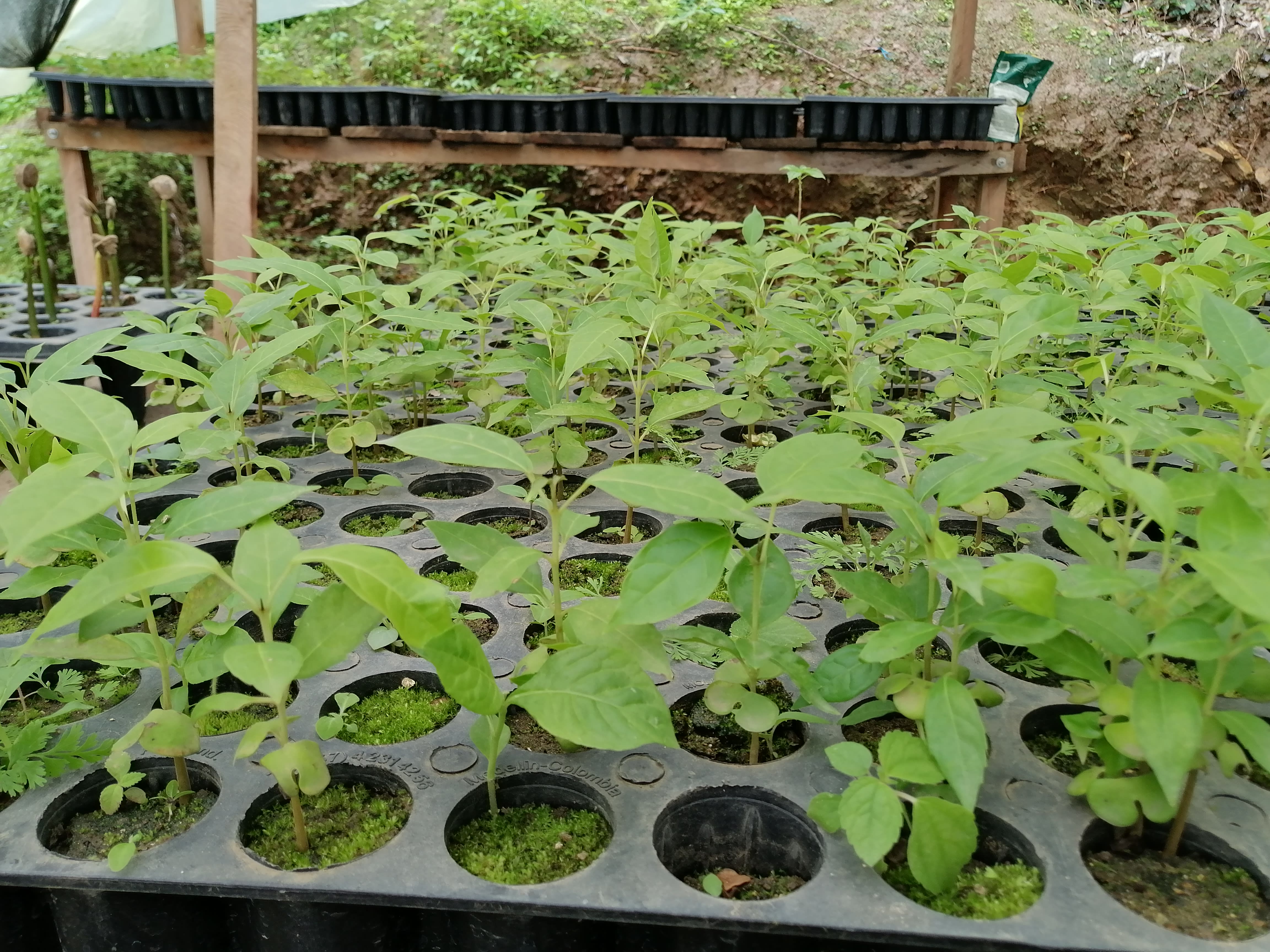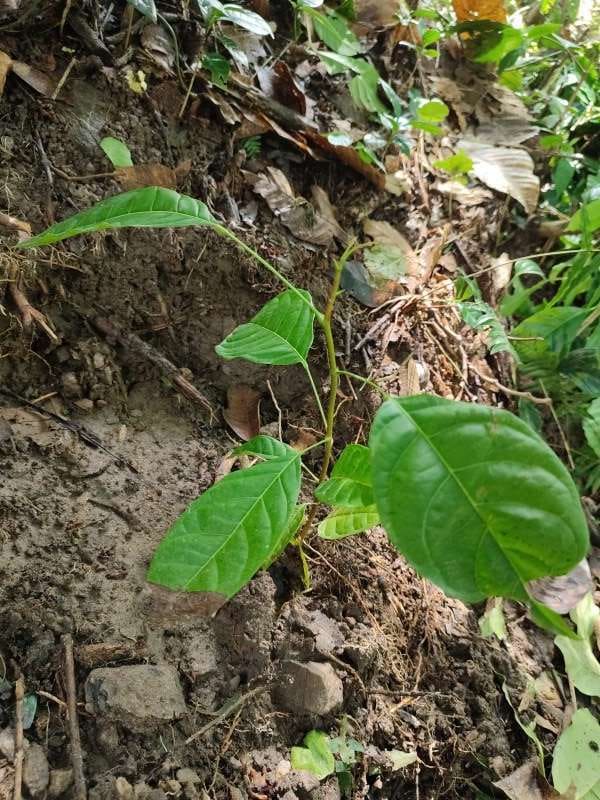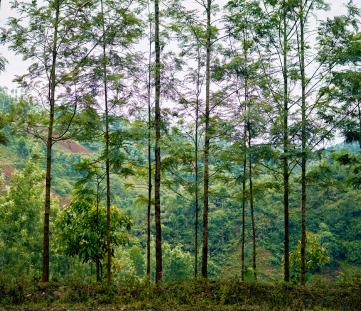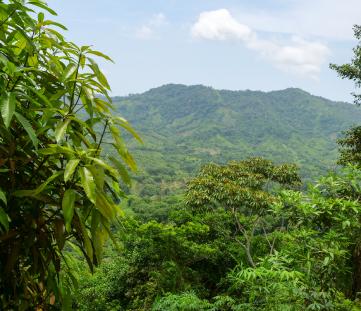ID: 49Z-LD8X
ID: 49Z-LD8X
Roble
Tabebuia chrysea
Photo
Colombia
02:33 - 20°C
My connections
My ID card
Who am I?
Date of birth
04/07/2023
Name
Roble
Tree
Roble
Where am I located?
Country
Colombia
Place of birth
Ciénaga
Coordinates
11° 3′ 54.83″ N
74° 5′ 41.06″ W
/-74.0947385,11.06523064,0/500x333@2x?access_token=pk.eyJ1IjoidG9tbWFzb3NwZXJvbmkiLCJhIjoiY2tnOTE3eW12MDJqazMybXNzOWV1YjloOSJ9.wtGsuDU7XIKjcv2cq8CiXw&logo=false&attribution=false)
My Timeline
The important moments in your tree's life.
Seed
It all starts with a tiny seed, nice and warm in the soil.
Nursery
Your seedling is big enough to be welcomed into one of our nurseries, along with many others.
Planted
We’re here! Your tree has reached its new home: it’s been planted by a smallholder, who’ll take care of it for years to come.
Photo
Strike a pose! Now that it’s big enough, here’s a photo of your tree!
My Gallery
Nursery

Planted
/-74.0947385,11.06523064,0/500x333@2x?access_token=pk.eyJ1IjoidG9tbWFzb3NwZXJvbmkiLCJhIjoiY2tnOTE3eW12MDJqazMybXNzOWV1YjloOSJ9.wtGsuDU7XIKjcv2cq8CiXw&logo=false&attribution=false)
74° 5′ 41.06″ W
Photo

Curiosity about me
The important moments in your tree's life.
Let's start with introductions
Roble is also known locally as 'araguaney' and is a popular decorative and ornamental plant. However, more relvant for our project is that Roble prevents soil erosion. With its long, strong roots, it consolidates large masses of earth and thereby stabilizes the soil. This is especially important in the dry forests of northern Colombia and Venenzuela where the tree is native.
Meaning
Gold
The name says it all! Chrysea means golden and refers to the many large flowers of the Tabebuia.

How much CO2 I’ll absorb
My estimated CO2 absorption capacity is based on the first 10 years of my life*
Current absorption
- 50 kg
2023
0 kg
2033
-250 kg
* The tree will continue to absorb CO2 even after the tenth year. Therefore this is a prudent estimate.
How I am useful to local communities

Fence
It provides protection for crops and shade for livestock.

Anti-wind
It protects young plants from the wind and reduces water evaporation from the soil.
My benefits
20%
Food Security
The trees will bear fruits, some that will be edible immediately and others that can become edible through processing, ensuring food resources over time.
20%
Economic development
The trees' fruits and the products derived from their transformation can be traded in local networks, offering income opportunities.
30%
CO₂ Absorption
During its life cycle, each tree will absorb CO₂. The trees you plant can offset your emissions.
30%
Environmental protection
The trees are planted in agroforestry systems that favor the virtuous interaction between the different species and their positive impact on the environment and on the land.